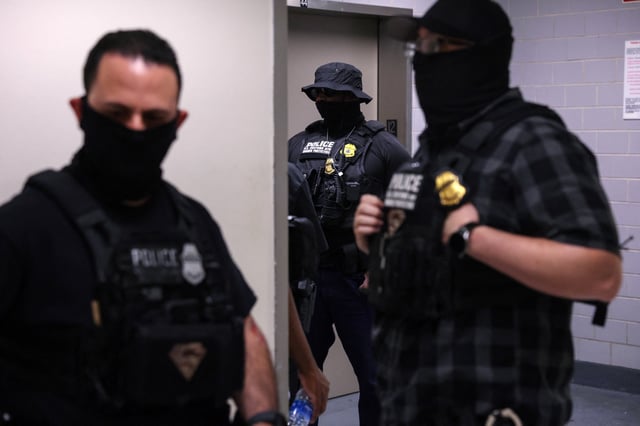Overview
- Officials describe a program of ongoing checks that flag indicators of ineligibility such as overstays, criminal conduct, threats to public safety, terrorist activity, or support for a terrorist organization.
- The review spans all visa categories and uses data sources that include social media, U.S. law enforcement and immigration databases, and records from applicants’ home countries.
- The move marks a broad expansion from earlier re-vetting that concentrated primarily on foreign students linked by officials to pro-Palestinian or anti-Israel activity.
- Since January, the department reports revoking more than 6,000 student visas, saying about 4,000 involved legal infractions and roughly 200–300 were tied to terrorism-related issues.
- Immigrant advocacy groups, including the ACLU, have criticized the initiative for potential due-process problems and its sweeping scope.



